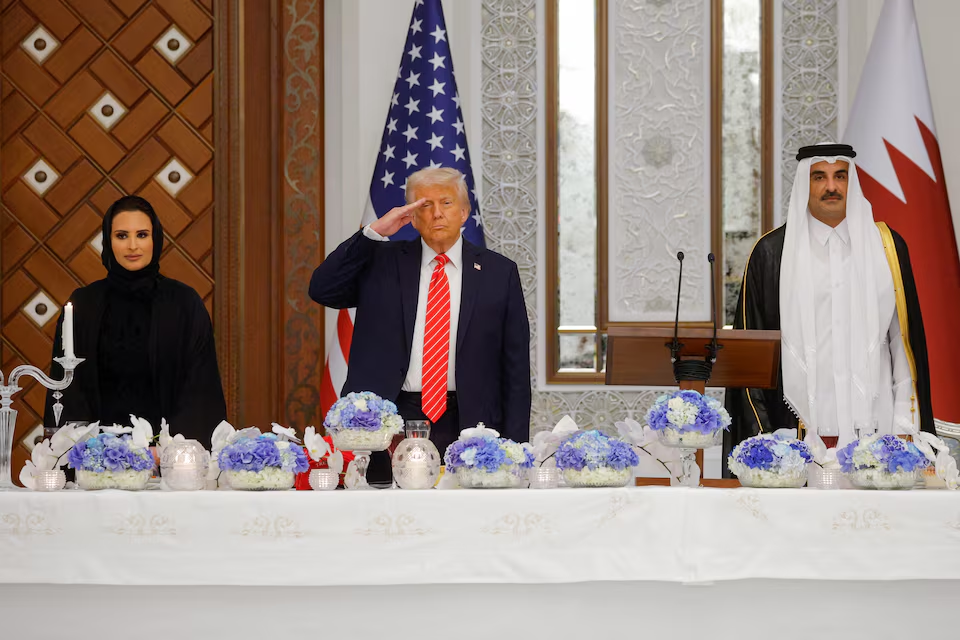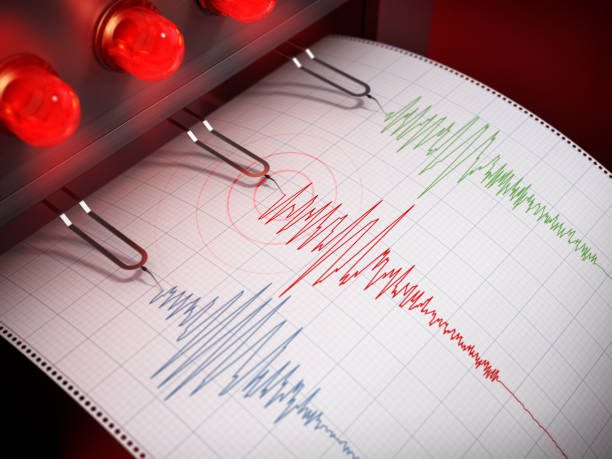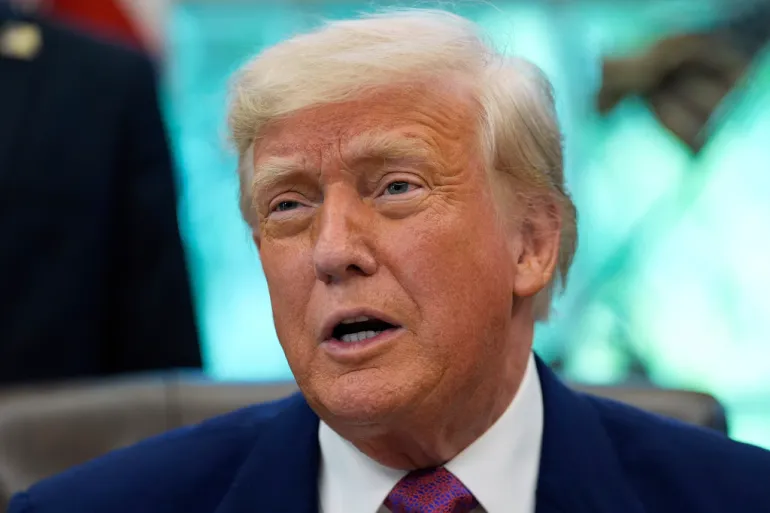Former U.S. President Donald Trump arrived in the United Arab Emirates (UAE) on Wednesday as part of a high-stakes Middle East tour aimed at deepening bilateral ties and accelerating artificial intelligence (AI) cooperation. The UAE, eager to cement its role as a global leader in AI, is counting on U.S. technological partnerships to achieve its ambitious goals.
Trump’s visit to the UAE comes amid growing collaboration between Washington and Abu Dhabi, especially in the field of emerging technologies. A major highlight of the trip is a preliminary agreement that would enable the UAE to purchase up to 500,000 of Nvidia’s most advanced AI chips annually, beginning this year. These chips, essential for training and running large-scale AI systems, would power the UAE’s expanding data center infrastructure.
While the proposed deal reflects the deepening alignment between the two countries on tech strategy, it has stirred national security concerns in Washington. Some U.S. officials have expressed unease over the potential risks of exporting high-end semiconductors to foreign governments, even friendly ones. Sources say the terms of the deal are still under discussion and could be subject to regulatory review before final approval.
Alongside technology cooperation, Trump and UAE officials have also agreed to a massive investment initiative. According to a White House official, the UAE has committed to investing $1.4 trillion in the United States over the next ten years. The investments will span critical sectors including AI infrastructure, semiconductor manufacturing, clean energy, and heavy industry.
The scale of the investment demonstrates the UAE’s confidence in its long-term partnership with the U.S., as well as its broader economic strategy to shift away from oil dependence. The agreement follows Trump’s meetings with key Emirati leaders, including Sheikh Tahnoon bin Zayed Al Nahyan, the UAE’s National Security Adviser, who has been central to advancing the country’s AI roadmap.
Trump’s broader Middle East tour has been marked by significant economic engagements across the Gulf. Prior to arriving in Abu Dhabi, Trump was in Saudi Arabia, where he announced over $600 billion in new U.S.-Saudi investment deals. A central element of that announcement involved a partnership between Nvidia and Saudi-backed AI startup Humain, which plans to build next-generation AI facilities powered by U.S. chips.
These strategic alignments reflect a broader geopolitical trend, where Gulf states are racing to secure leadership in AI development and diversification beyond fossil fuels. Both the UAE and Saudi Arabia have articulated national AI strategies, with Abu Dhabi aiming to derive 20% of its non-oil GDP from AI by 2031.
While some critics in the U.S. caution against deepening technology transfers without stronger oversight, proponents argue that tighter cooperation with Gulf states could ensure that American companies—and not Chinese or other foreign rivals—anchor the digital transformation of the region.
“By helping shape the AI future of our allies, we can secure American influence in one of the most strategically important parts of the world,” a senior Trump administration advisor said during the trip.
The UAE’s AI push is backed by its top leadership and has become a core element of the country’s future economic planning. Abu Dhabi has already launched several AI research centers and digital free zones and continues to attract major players like Microsoft and OpenAI.
Trump’s visit, while laden with political symbolism, is also seen as a pragmatic move to secure U.S. business interests in a rapidly transforming global AI landscape. The deals and partnerships initiated during his trip are likely to have long-term implications not only for the two countries’ economic trajectories but also for the balance of global technology power.
As Trump concludes his UAE leg, expectations remain high for the formalization of the Nvidia chip deal and other initiatives in the weeks to come. Whether these ambitious projects will materialize in full remains to be seen, but the message from both sides is clear: AI is now at the center of U.S.-UAE relations.
Source; Reuters



